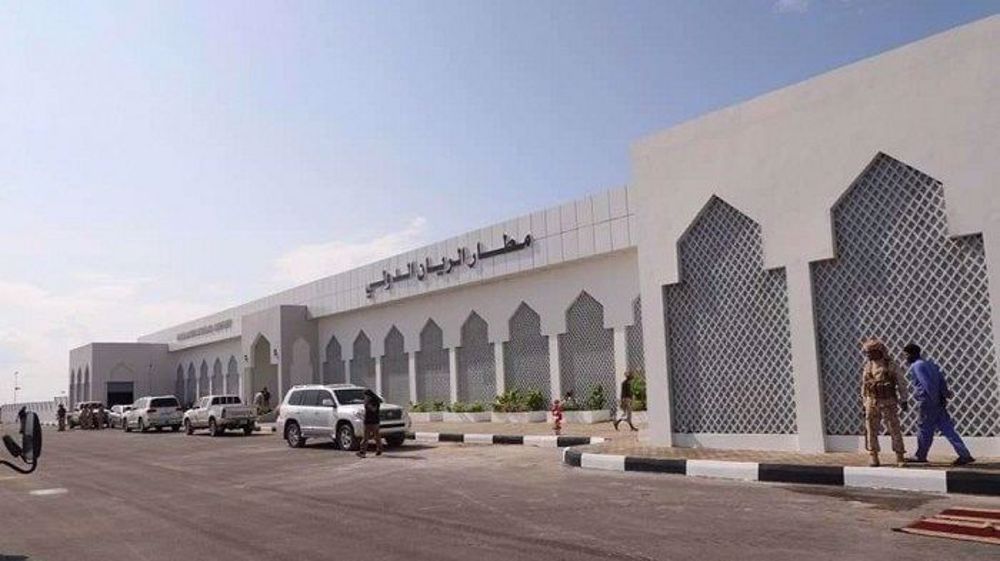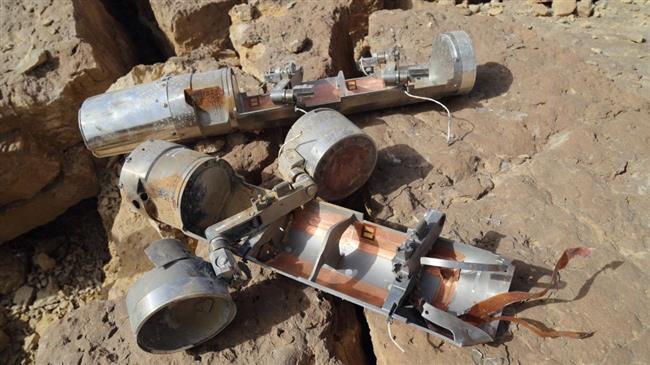Yemeni protesters in occupied Socotra reject Israel-UAE presence
Amid reports that Israel, with the help of the United Arab Emirates (UAE), plans to set up joint spy bases on the Yemeni island of Socotra, local protesters there have voiced strong dissent against any Israeli presence.
On Friday, angry islanders, carrying banners and Yemeni flags, held a demonstration in the western part of the island, which has been occupied by Emirati forces for the past few years, demanding the withdrawal of the occupiers.
They also condemned any presence of the Zionists and their supporters in Socotra, which is almost 3,650 square kilometers.
Socotra, some 350 kilometers south of Yemen in the Indian Ocean, is the name of the largest island of a Yemeni archipelago, where a number of smaller islands are still uninhabited.
Last month, reports revealed that Israel, in cooperation with the UAE, is to build intelligence-gathering bases on a Yemeni island in a strategic area overlooking the Bab al-Mandab Strait.
It also said that a delegation of Israeli and Emirati intelligence officers had already arrived on the island very recently and examined various locations for establishing the planned intelligence bases.
The purpose of the bases, according to the report, is to electronically monitor forces at the service of a Saudi-led military coalition involved in the war against Yemen as well as the Daesh Takfiri terrorist group in the region.
The Israelis and Emiratis are currently making all logistical preparations to establish intelligence bases to collect information from across the Gulf of Eden, including Bab al-Mandab and south of Yemen, which is under the control of forces loyal to the UAE, the report included.
The two are also said to establish military bases on the island.
Washington recently announced that the UAE had normalized relations with the Tel Aviv regime, becoming the third Arab government — after Egypt and Jordan — to establish relations with Israel.
VIDEO | Press TV's news headlines
VIDEO | The reckless US
Qalibaf: Recent unrest a 'complementary link' in 12-day war against Iran
Ex-Israeli war minister: Iranian missiles inflicted heavy losses
Trump launches 'Board of Peace' seen as bid to control Gaza
Senior general vows swift response to any aggression on Iran
US federal immigration agents detain 5-year-old boy in Minnesota
Trump used presidency to pocket $1.4 billion in first year back in office: Report














 This makes it easy to access the Press TV website
This makes it easy to access the Press TV website